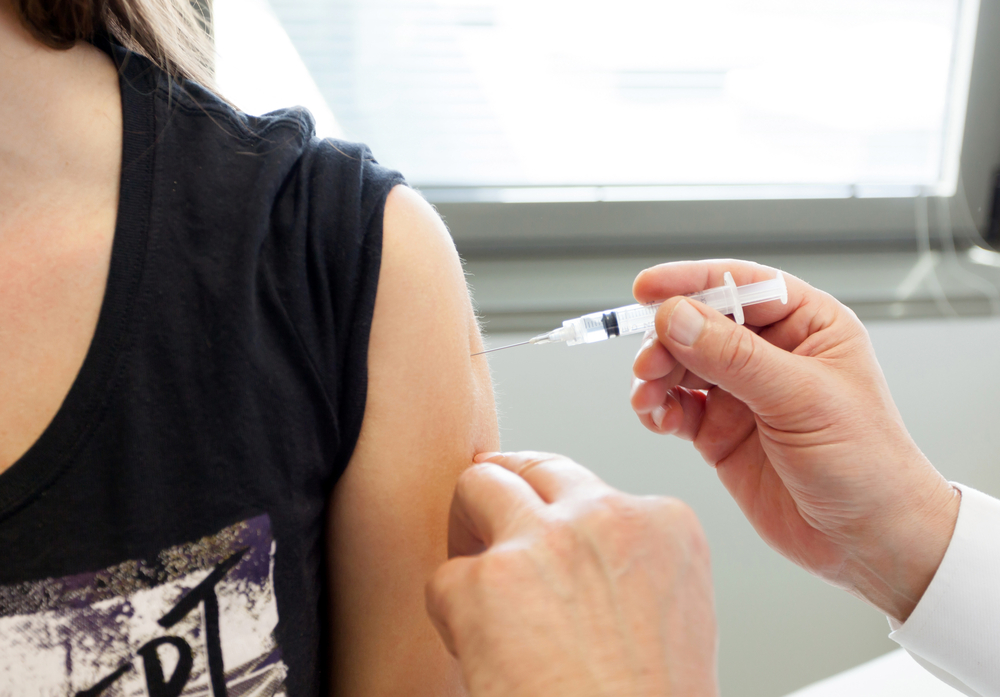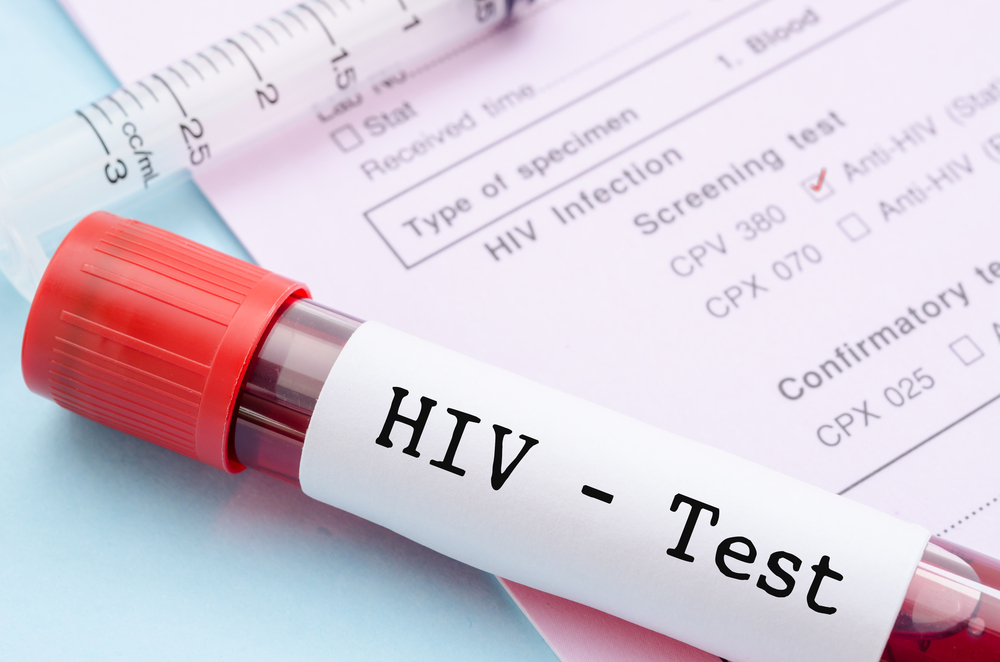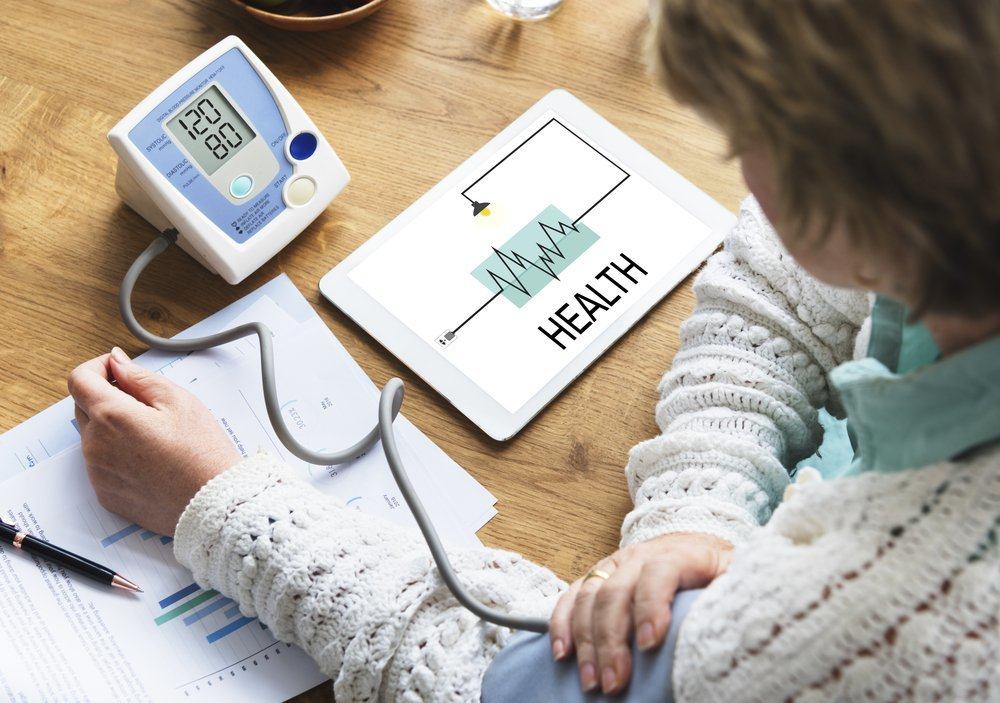Contents:
- Medical Video: Reproductive Disorders
- Problems related to the vulva and vagina
- Problems related to the ovaries and fallopian tubes
- Problems related to menstruation
- Problems related to the reproductive system
Medical Video: Reproductive Disorders
Many women, adults and young people often complain of problems with their reproductive systems. Below are a number of common problems to complain about:
Problems related to the vulva and vagina
- Vulvovaginitis is inflammation of the vulva and vagina which can be caused by irritation (such as washing soap or bath soap). Personal hygiene that is not managed properly (such as rinsing from back to front, not vice versa, after urinating) can also cause inflammation. Symptoms of vulvovaginitis include redness and itching in the vaginal and vulvar area, sometimes discharge from the vagina.
- Nonmenstrual bleeding, generally occurs due to accumulation of foreign particles in the vagina, such as toilet paper. Bleeding can also be caused by uterine decay, a condition where the mucous membrane of the urethra sticks out of the vagina and forms soft tissue shaped like a ring of rings that bleeds easily. Non-menstrual bleeding can also be caused by injury during cycling (vaginal bumping on a bicycle frame) or trauma due to sexual abuse.
Problems related to the ovaries and fallopian tubes
- Ectopic pregnancy occurs when a fertilized egg (zygot) develops outside the uterus and is usually attached to the fallopian tube. Women with this condition can experience severe abdominal pain and need to consult immediately with a doctor because surgery procedures are generally needed.
- Endometriosis, is a smooth tissue that forms the uterus found to develop outside the uterus such as in the ovaries, fallopian tubes, or other parts of the pelvic cavity. Endomteriosis can cause abnormal bleeding, painful menstruation, and pelvic pain.
- Ovarian tumors, although rare, can occur. Women who have ovarian tumors will experience upper abdominal pain and pressure that can be felt in the abdomen. Procedures for removing the tumor are needed to overcome this condition.
- Ovarian cysts are abnormal glands that form in the ovaries containing fluid or other semi-solid material. Common cysts and classified as not worrying, unless the gland continues to grow large. Large cysts can compress the surrounding organs and cause abdominal pain. In most cases, the cyst will disappear by itself and no special treatment is needed to treat the cyst. If the cyst is painful, the doctor will prescribe birth control pills to stop the growth, or perform a cyst removal procedure.
- Polycystic ovary syndrome, is a hormone disorder in which there is an increase in the production of androgens (male hormones) by the ovary. This condition causes the ovaries to enlarge and grow cysts. General polycystic ovarian syndrome arises the first time in adolescence Depending on the type and severity of the condition, this disorder can be treated with drugs that control hormonal balance and menstruation.
Problems related to menstruation
Menstrual problems are often complained of by a number of young women. Some common conditions are complained about, including:
- Dysmenorrhea, is a painful menstrual period.
- Menorrhagia, is a menstrual period in which the volume of bleeding that occurs is very large and heavy.
- Oligomenorrhea, is a condition in which a woman has an irregular menstrual period or goes through her menstrual schedule, even though she has had regular periods before and is not pregnant.
- Amenorrhea, occurs when a woman has not started her menstrual period after moving 16 years or 3 years after puberty, has not shown signs of puberty at age 14, or has a normal menstrual period but stops sudden menstruation for no known reason (other than pregnancy) .
Problems related to the reproductive system
- Infectious sexually transmitted diseases (STDs), including pelvic inflammation (PID), HIV / AIDS, human papillomavirus (HPV), syphilis, king of lions (gonorrhea), and herpes (HSV). This disease is transmitted through sexual activity, from one person to another.
- Aka poison shock syndrome toxic shock syndrome. This disease is rare but can be deadly, caused by poisons released into the body during bacterial infections that will develop if the tampon is left too long in the vagina. This disease can cause symptoms such as high fever, diarrhea, vomiting, and shock.
If you think you have certain signs and symptoms of a reproductive system problem or if you have questions about your growth and development, talk to your doctor. Most health conditions around the reproductive system are easy to deal with.
READ ALSO:
- 5 Interesting Facts About the Clitoris You Didn't Know
- 5 Important Facts About Hymen and Virginity
- Three Important Facts About Kegel Gymnastics
4 Common Problems that Occur in a Women's Reproductive System
Rated 4/5
based on 2619 reviews












